
Expired Milk Isn’t Just Waste — 2 Useful Ways to Reuse It (If It’s Not Spoiled)
Expired fresh milk can actually become a “treasure” rather than something to throw away — if it's still safe to use. According to Tạp Chí Đời Sống, there are at least two surprising, practical uses for expired milk around the house and in the garden. (TapChíĐờiSống) (turn0view0)
Below is a richer version with added reasoning, caution, and parallel examples from credible sources.
What the Original Article Says
The article proposes two main uses:
-
Cleaning and Polishing Furniture & Leather
-
Use a soft cloth, dip it in expired milk, and gently rub the surface of leather items (shoes, bags, clothes) or wooden furniture.
-
The proteins and fats in the milk help dissolve dust, nourish the surface, and restore shine.
-
After the application, wipe with a clean, dry cloth.
-
For wooden furniture or indoor plants’ leaves, the same diluted approach may help remove dust while giving a sheen.
-
-
Using Expired Milk as a Fertilizer / Nutrient Boost for Plants
-
Expired milk still contains calcium, proteins, and minerals, which plants can absorb.
-
Because fermented milk is slightly acidic, it can help lower soil pH in alkaline soils, improving nutrient uptake in acid-loving plants.
-
The article suggests diluting the milk with water (ratios between 1:1 to 1:10) and applying it at the base of plants.
-
It also claims that milk may help protect plants against some fungal diseases (e.g. powdery mildew), thanks to certain proteins and lactic acid in the milk.
-
The caution is to avoid overuse, not to pour undiluted milk, and not to apply it to leaves or flowers (to avoid attracting pests or encouraging mold).
-
It hints that some plants like roses, azaleas, and blueberries (which prefer more acidic soils) may benefit most.
-
The article also gives practical warnings: make sure the expired milk doesn’t smell strongly sour or show mold; always dilute before applying to plants; first test on a small hidden area; and avoid overuse or harmful effects. (TapChíĐờiSống) (turn0view0)
What Scientific & Gardening Sources Say
The idea of using expired milk (or dairy byproducts) in cleaning or gardening is not new, though evidence is mixed. Here’s what research and expert sources indicate:
Milk for Polishing / Cleaning Surfaces
-
Some traditional cleaning guides suggest that diluted milk can act as a mild cleaner for leather items—thanks to its fat content—but recommend caution, as leftover sugars or protein may attract insects or spoil further.
-
For wood furniture, many professionals prefer dedicated wood oils, waxes, or commercial polish rather than food-based substances, because wood often is sealed and may not absorb milk well.
Milk as Plant Nourishment & Disease Control
-
Calcium & nutrients: Dairy contains calcium and trace minerals beneficial to soil and plants. Some gardeners occasionally use “milk sprays” to supply calcium and reduce blossom end rot in tomatoes.
-
Antifungal effects: A 1:10 milk-water spray has been studied in small trials for controlling fungal diseases (like powdery mildew) on plants such as grapes or zucchini. Some results showed moderate reduction in fungal spread. (Journal of Plant Disease)
-
Acidifying effect: Fermented dairy can slightly reduce soil pH, useful for alkaline soils, but the effect is mild and short-lived.
-
Risks: If overused, milk can lead to nitrogen overload, attract pests (flies, ants), or cause fungal growth in soil. Soil microbes may break down protein, producing ammonia if not well aerated.
From the Experts
-
Master gardeners caution that using raw or expired dairy requires care—always dilute, apply in moderation, and avoid repeated use in the same spot.
-
Agricultural extension services often discourage applying high-protein substances directly to leaves to avoid burning or microbial growth.
Practical Tips & All-Important Warnings
To safely try these home-hack uses of expired milk:
-
Check the condition first: If the milk smells extremely sour, chunky, or shows mold, do not use it in any way.
-
Always dilute: Use water to reduce concentration. Dilution helps avoid nutrient overload or burning roots.
-
Spot test: Test on a small hidden area (on leather or on a part of the plant) before applying broadly.
-
Use promptly: Once past its prime, milk degrades further; it’s best used quickly after confirming it’s still usable.
-
Avoid application on leaves or flowers: Apply at the base of plants to reduce fungal or insect risks.
-
Limit frequency: Occasional use (a few times per growing season) is safer than constant use.
-
Consider specialized products: For heavy polishing or plant disease control, modern waxes, fungicides, or fertilizers may be more reliable and safer.
News in the same category


Woman sued weatherman for $1,000 after he made the wrong weather prediction

Malia Obama Directs A’ja Wilson’s New Nike Commercial & It’s a Beautiful Love Letter to Black Girls

Maya Angelou Becomes First Black Woman To Appear On Quarter

Denzel Washington & A$AP Rocky Shine in Trailer for Spike Lee’s New Crime Thriller ‘Highest 2 Lowest’

Cindy Crusto Makes History As First Black Woman Professor In Yale Psychiatry History

Sheila Brown Becomes The First Black Woman To Own A Radio Station In Buffalo, New York

Deion Sanders Delivers a Beautiful Mother’s Day Tribute to His Mom, Ms. Connie Knight

‘Never Seen Stephen A. Smith Look So Scared’: Serena’s Husband Pulls Up to Stephen A. Smith’s Workplace to Confront Him Following ESPN Host’s Comments About Tennis Star

Mixing Banana Peels with Laundry Detergent — What It Claimsto Do (And What to Watch Out For)

How to Use Snake Plant (Sansevieria) for Sinusitis and Other Respiratory Conditions

Toilet Bowl Covered in Yellow Stains? You Don’t Need to Scrub Hard — Use These Simple Tricks to Make It Sparkling Again

Cancer “Fears” Cheap Drink — Daily Habit May Help Prevent Stroke, Lower Blood Fat, Reduce Cancer Risk
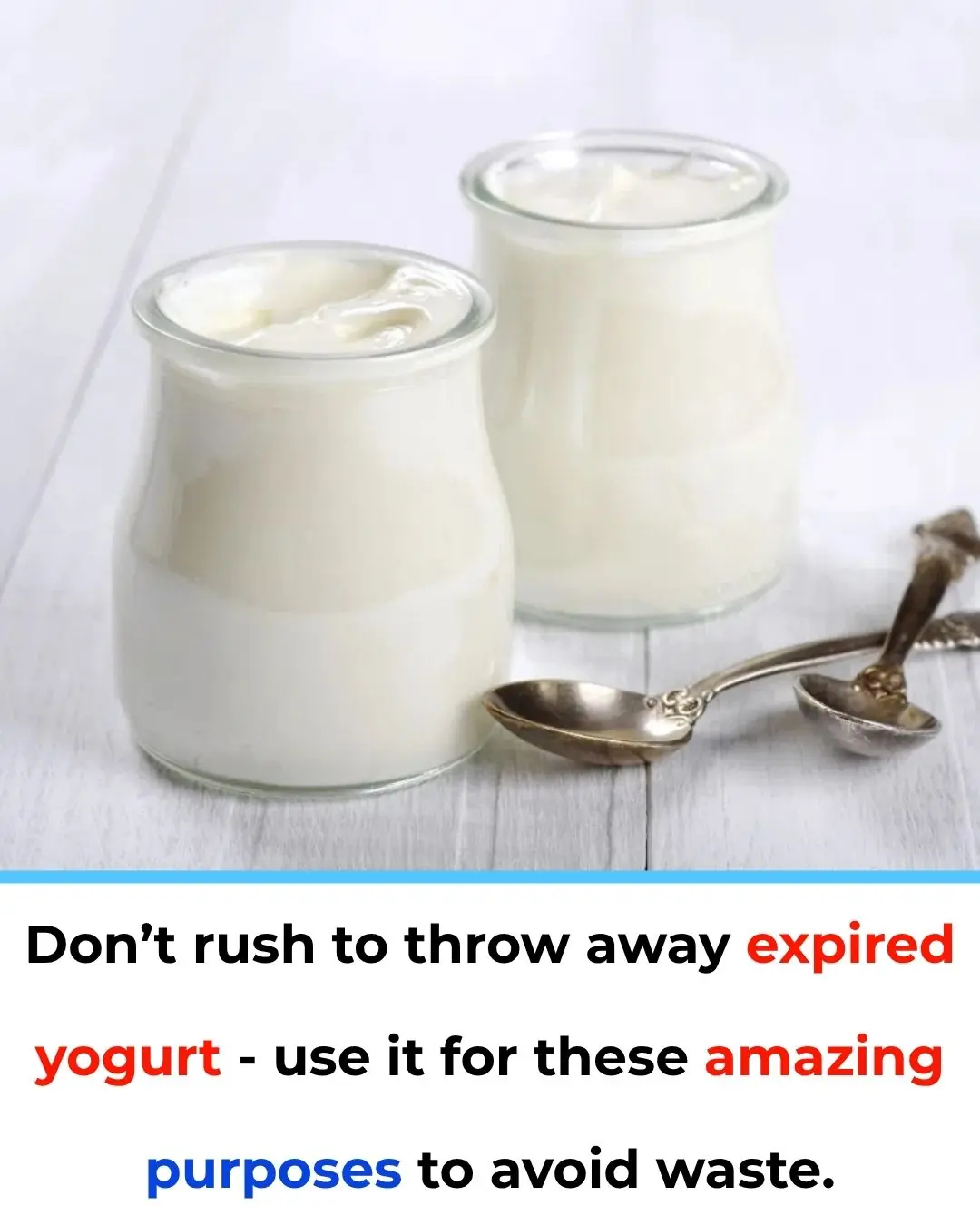
What to Do with Yogurt Past Its Expiration — 4 Creative Uses (If It’s Still Good)

How to Tell Real Honey from Fake: The “Flip the Bottle” Test and Other Tips

The 3 Best Times to Drink Perilla Leaf (Shiso) Water — and What Science Says

Woman in Taiwan Found With 300 Kidney Stones After Years of Drinking Bubble Tea

Priest who 'died and went to hell' after heart attack reveals what he really saw

Donald Trump warns he could use centuries-old act to send military to specific US states
News Post

The Man Who Remembers Hunger: Why One Act of Kindness Matters.

The Little Elephant Who Was Born Different: A Pink Calf in the Wild

When Love Has No Address: A Man and His Dogs

A Boy, a Soldier, and an Umbrella: A Timeless Gesture of Respect
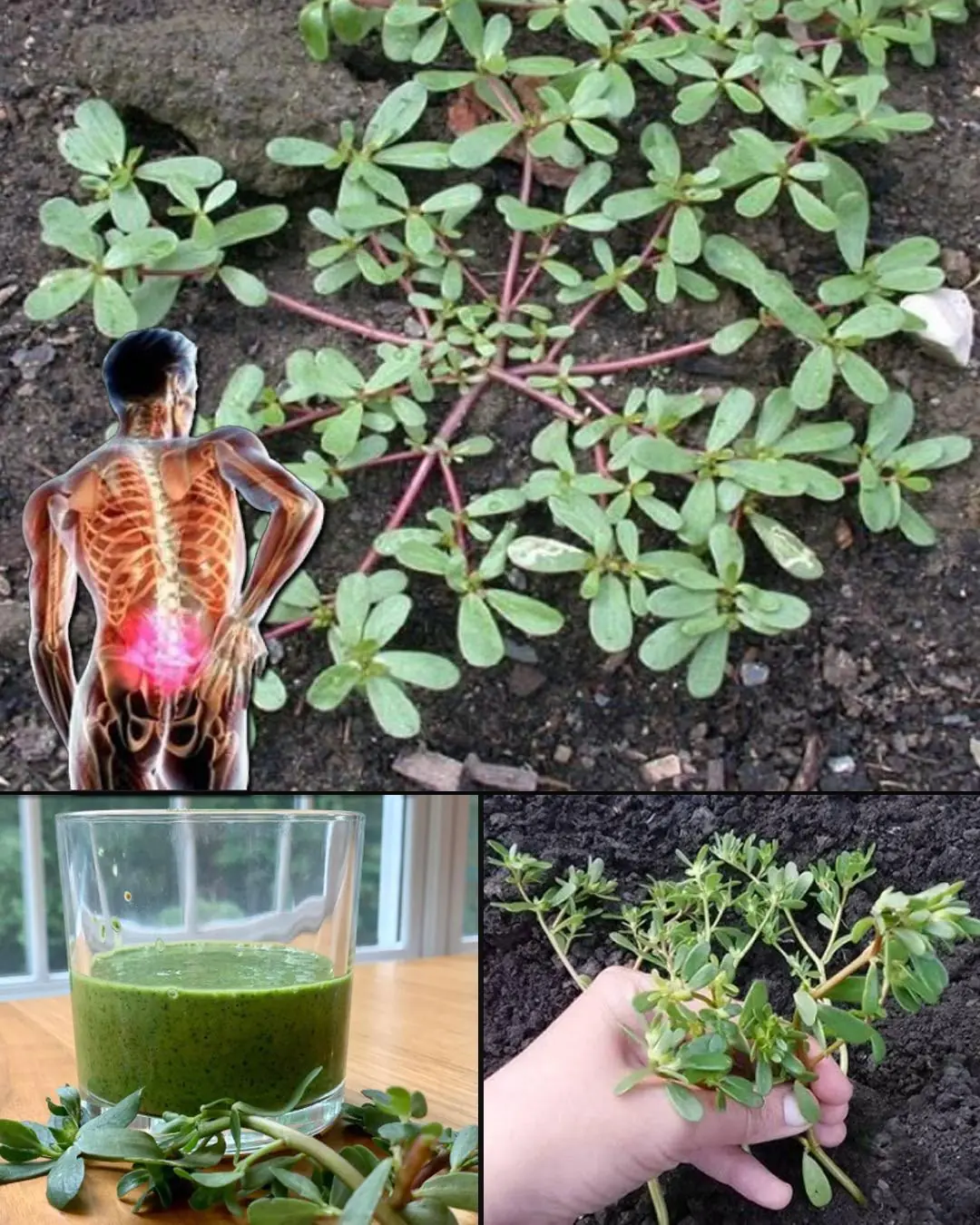
Purslane: The Superfood That Tastes Better Than Meat – 7 Reasons to Grow It in Your Garden
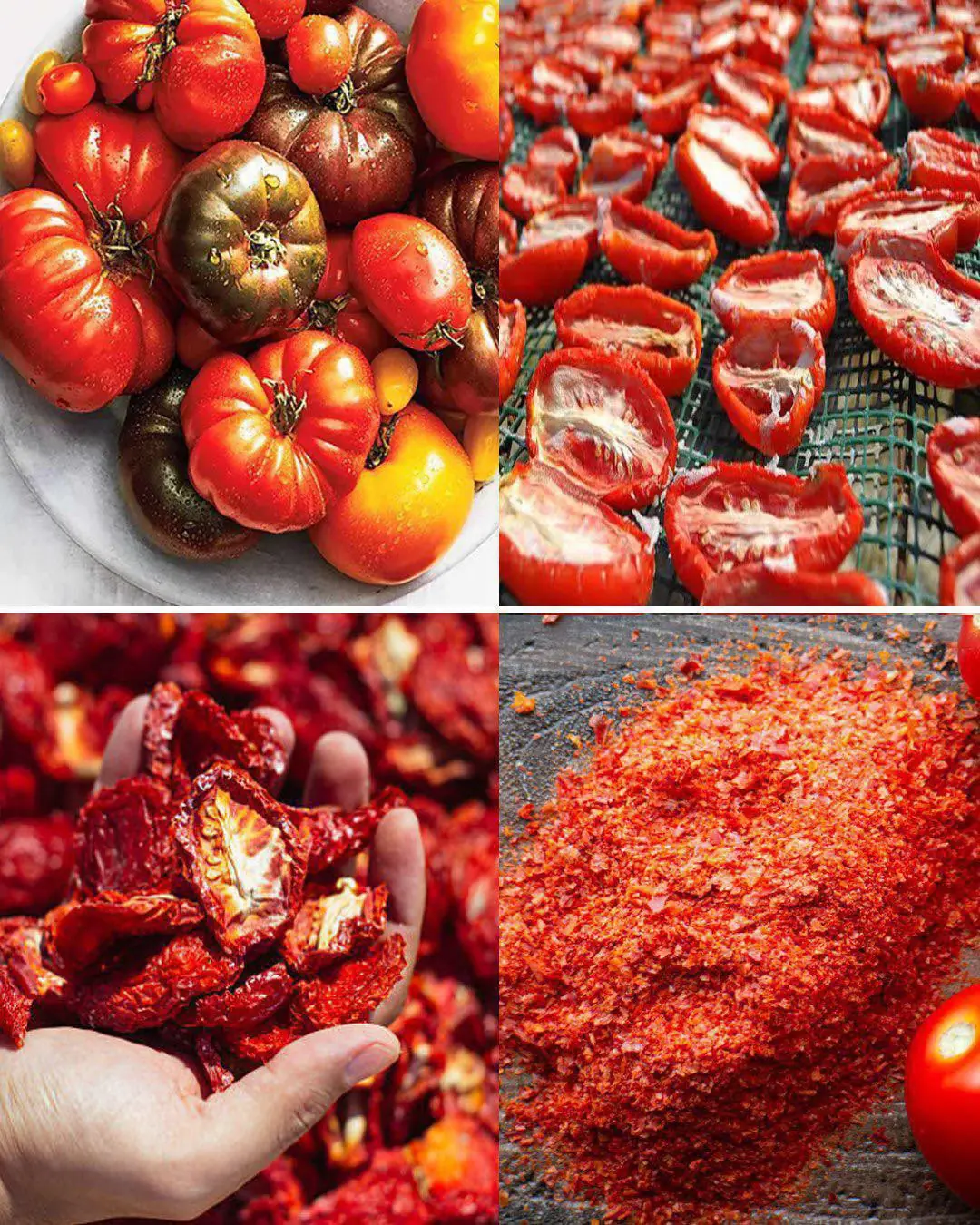
Don't Throw Old Tomatoes in the Trash.Turn them into flavorful tomato powder.

Banana Blossom: Health Benefits, Recipes, and Uses
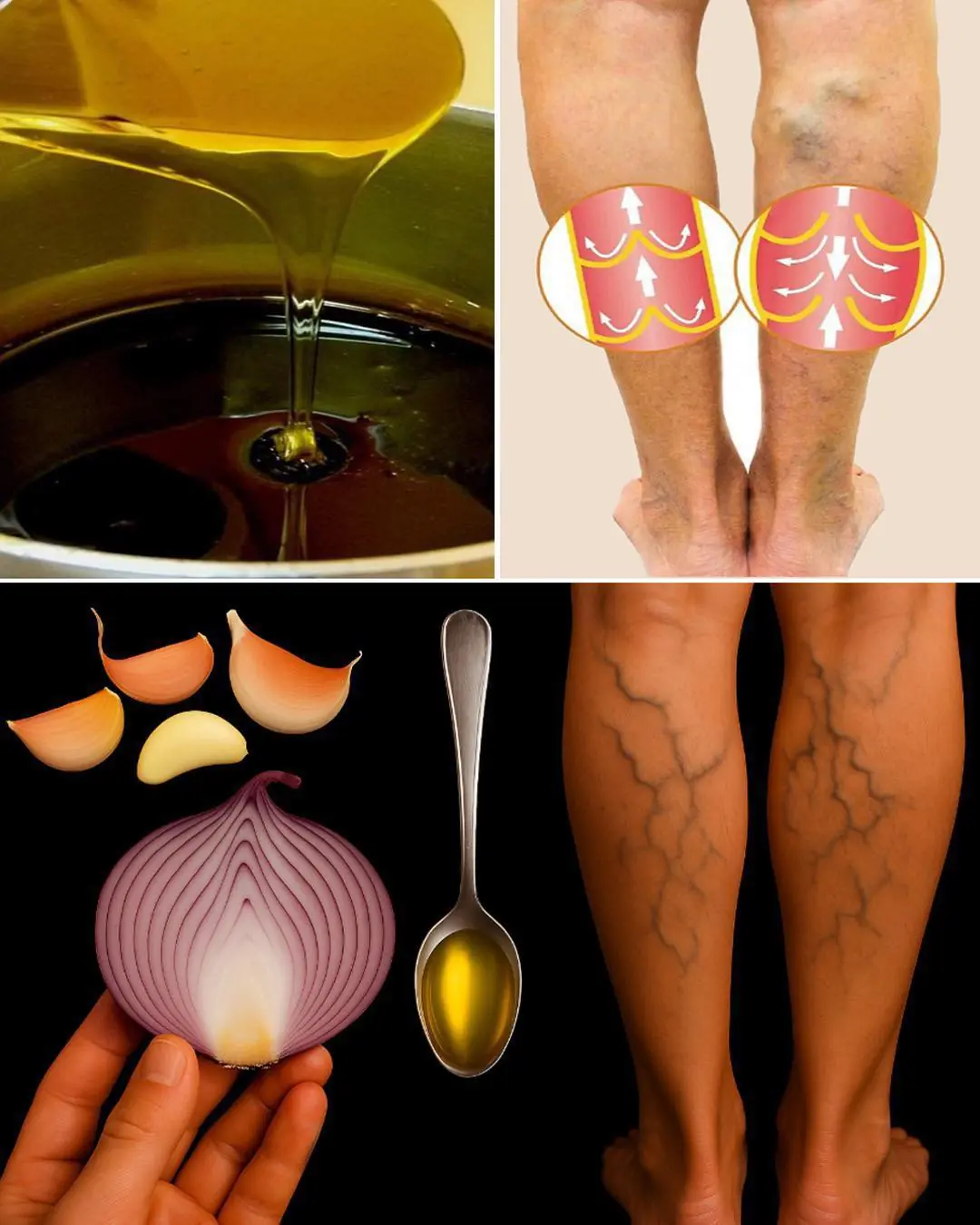
Onion, Garlic, and Olive Oil Remedy for Varicose Veins: Natural Treatment and Benefits

The Photo of the Year: A Glimpse of Courage the World Must Not Forget
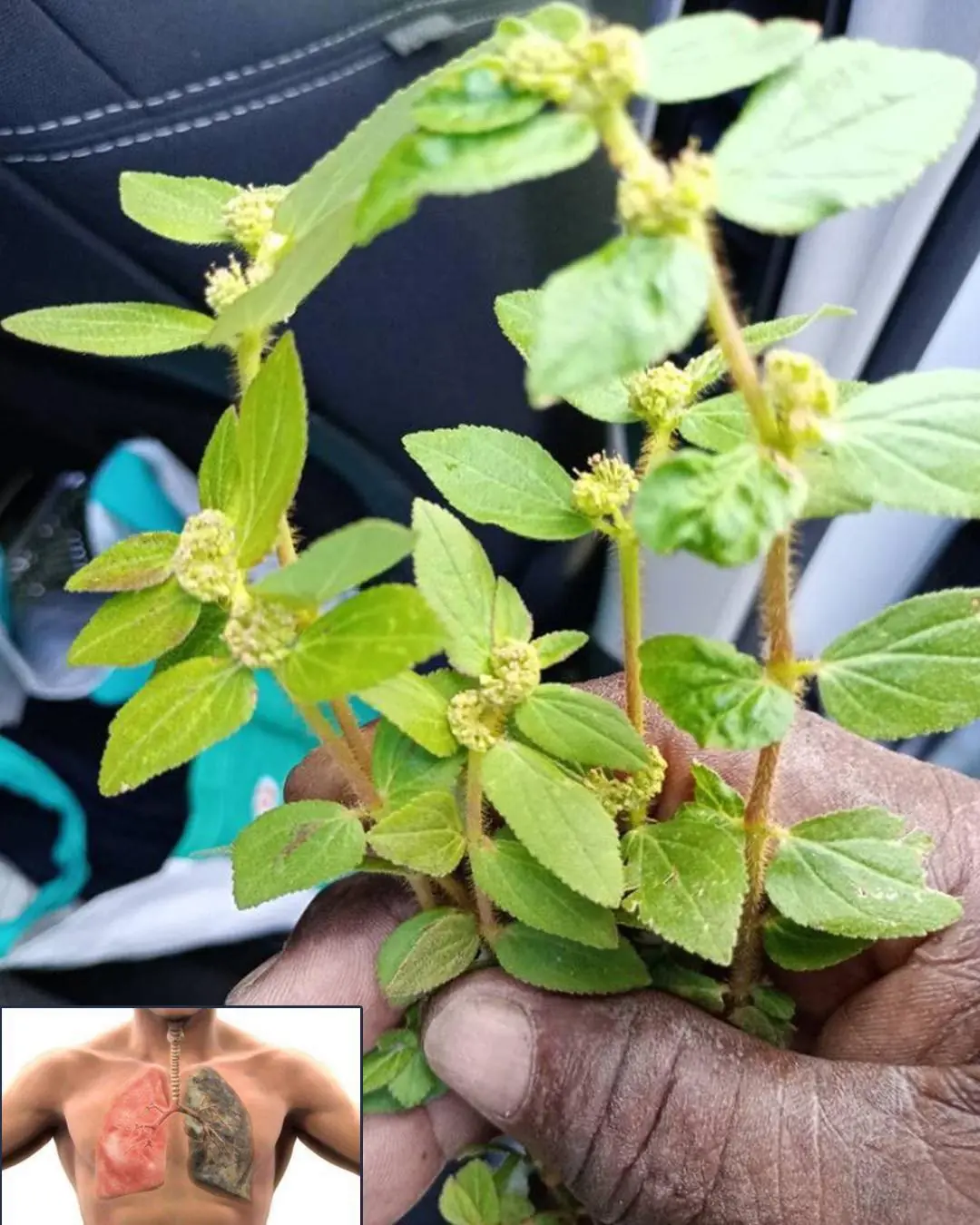
7 Surprising Benefits of Euphorbia Hirta
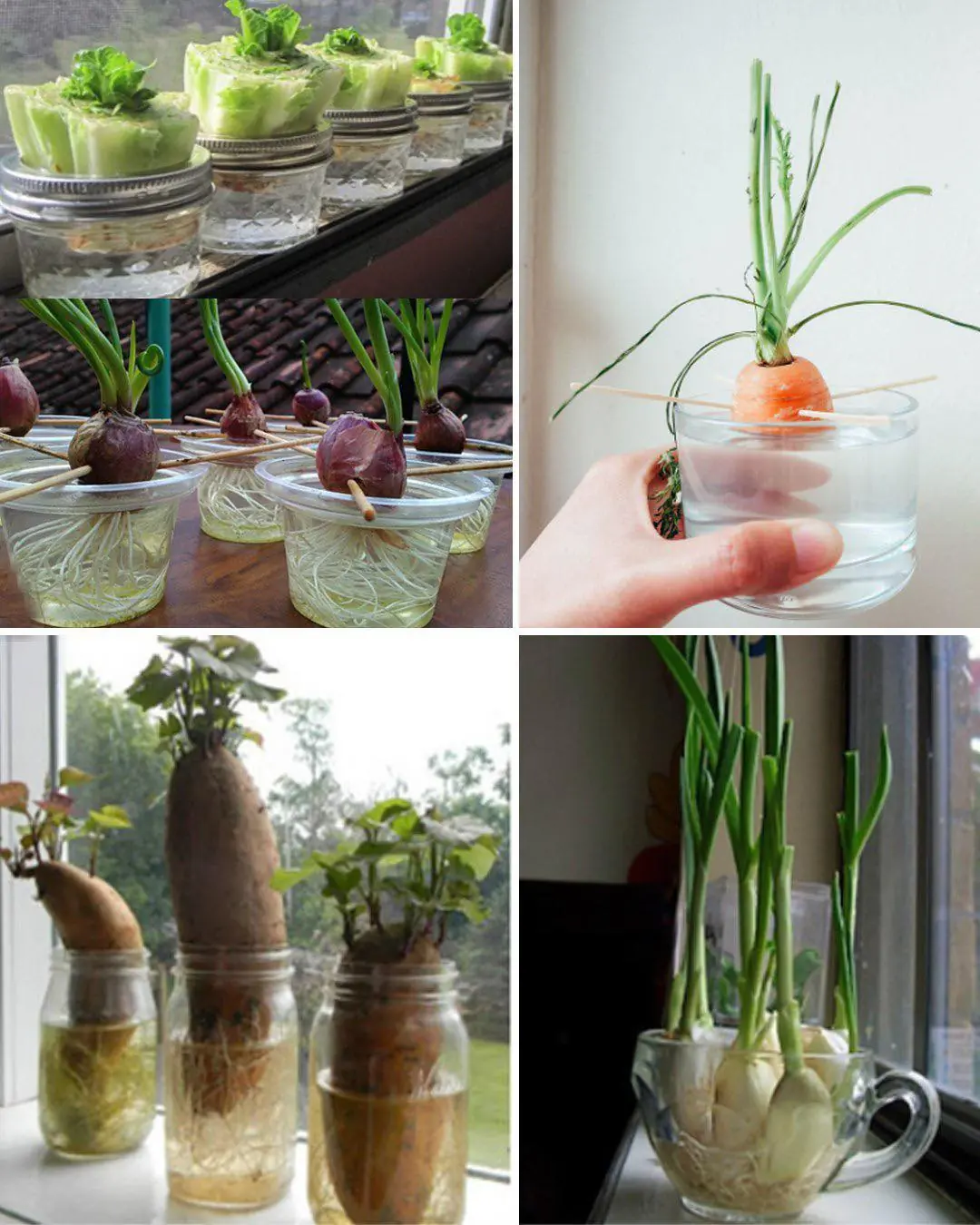
How to Regrow Food in Water: 10 Foods that Regrow Without Dirt

Firefighters Save Trapped Fawn from Storm Drain, Reuniting It with Nature
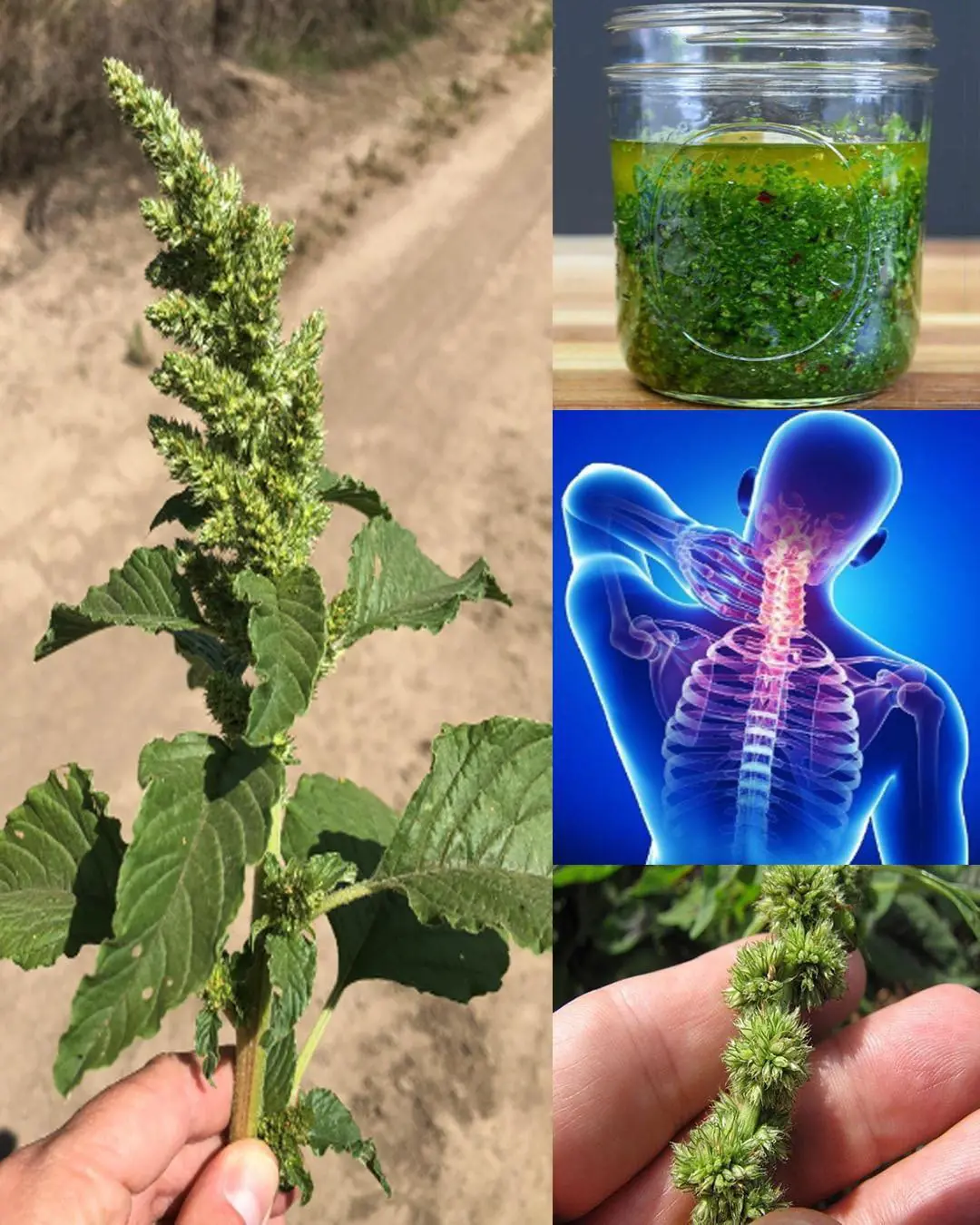
10 benefits of pigweed
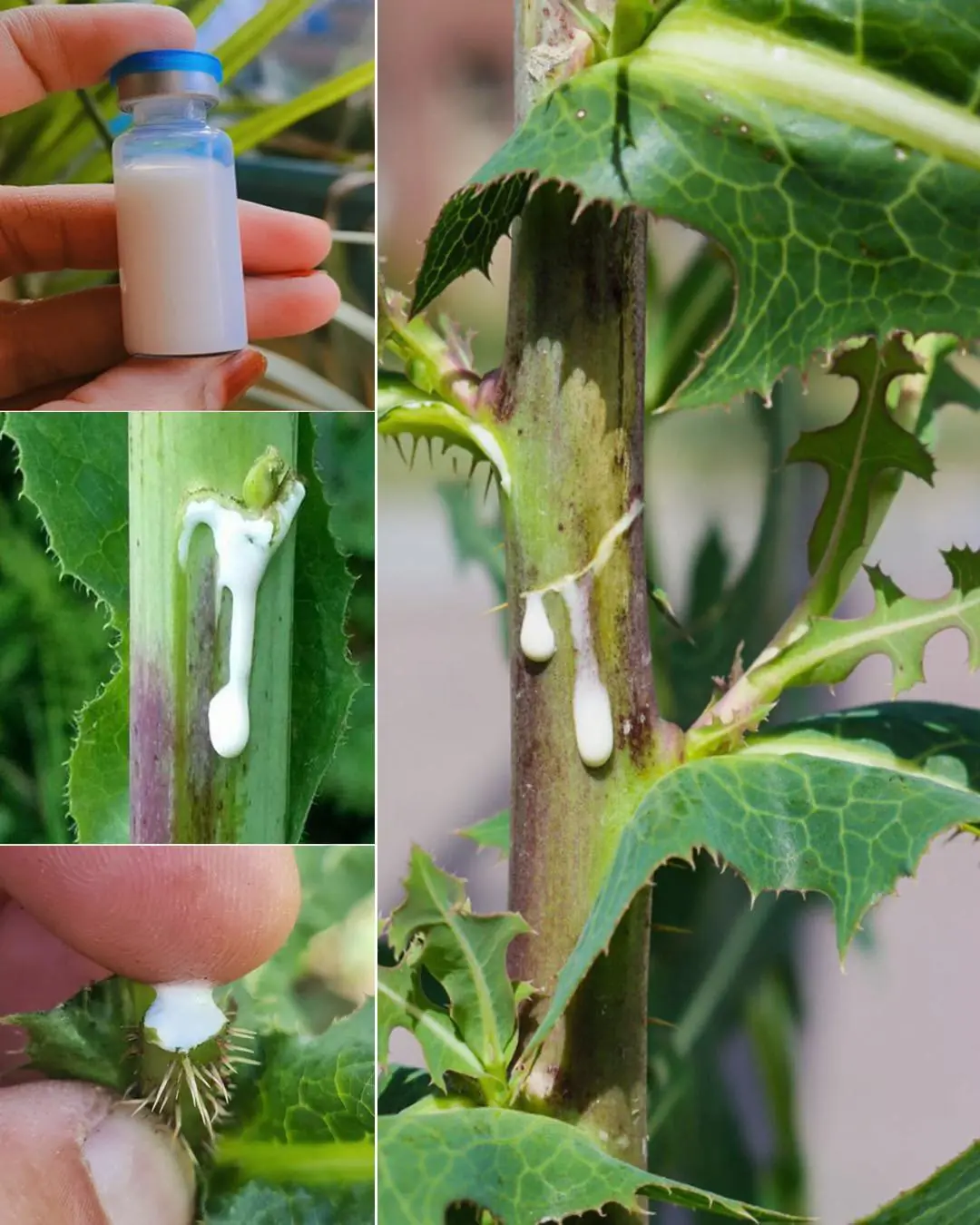
Wild Lettuce Sap: Benefits and Uses

When “Just a Dog” Becomes the Difference Between Life and Death

Teddy’s Hug: A Rescue Story of Unbreakable Love

Benny’s Redemption: A Journey from Loneliness to Love

Man has stroke after bathing right after meal: 3 mistakes you shouldn’t make

Redemption in Yarn and Paws: How a Cat Gave My Brother Back His Life
